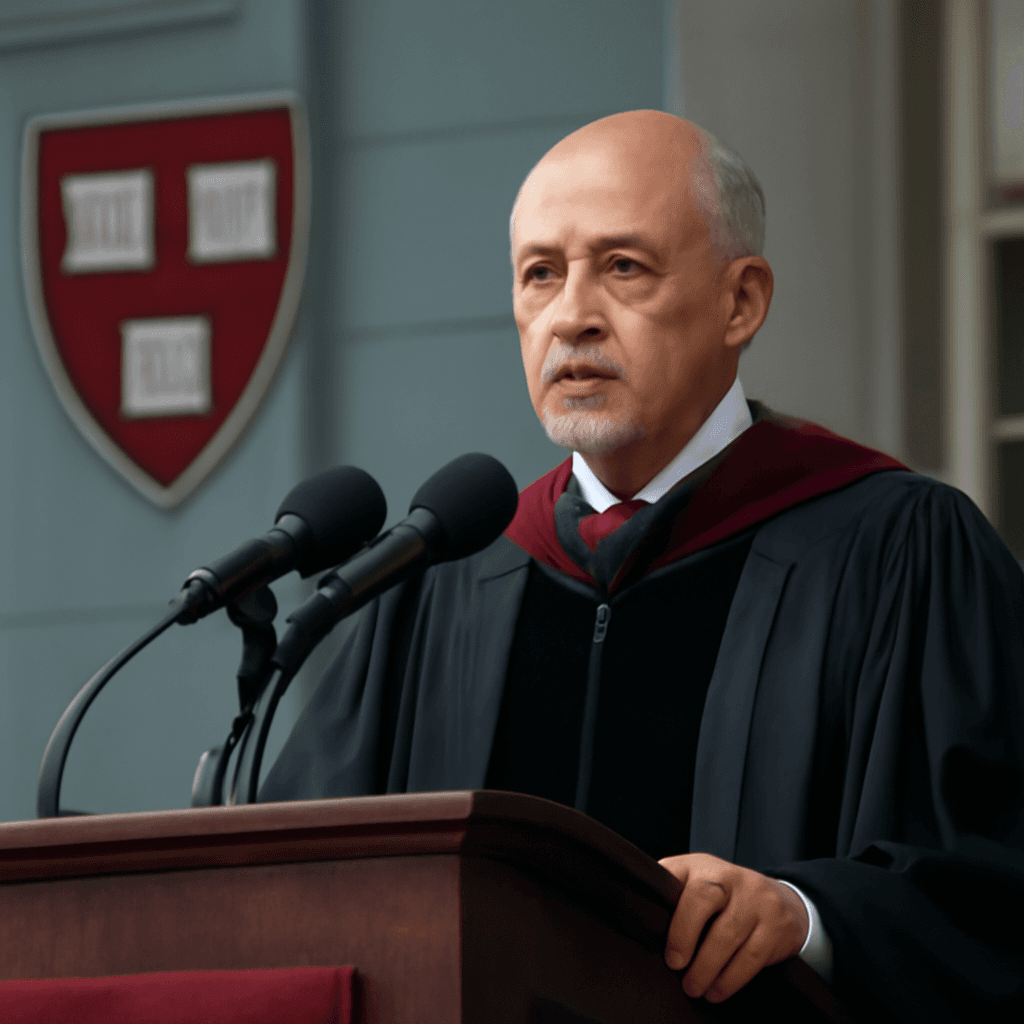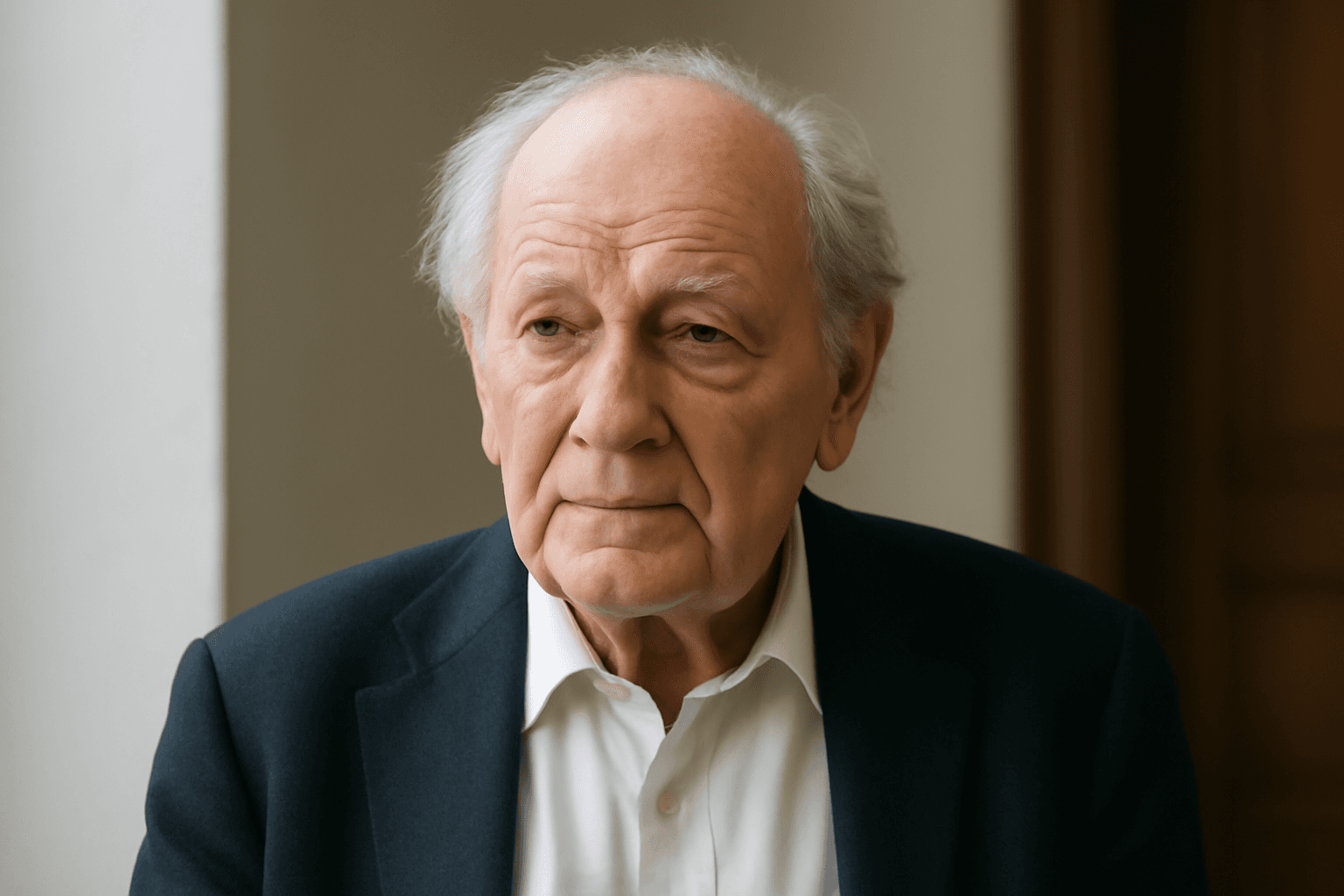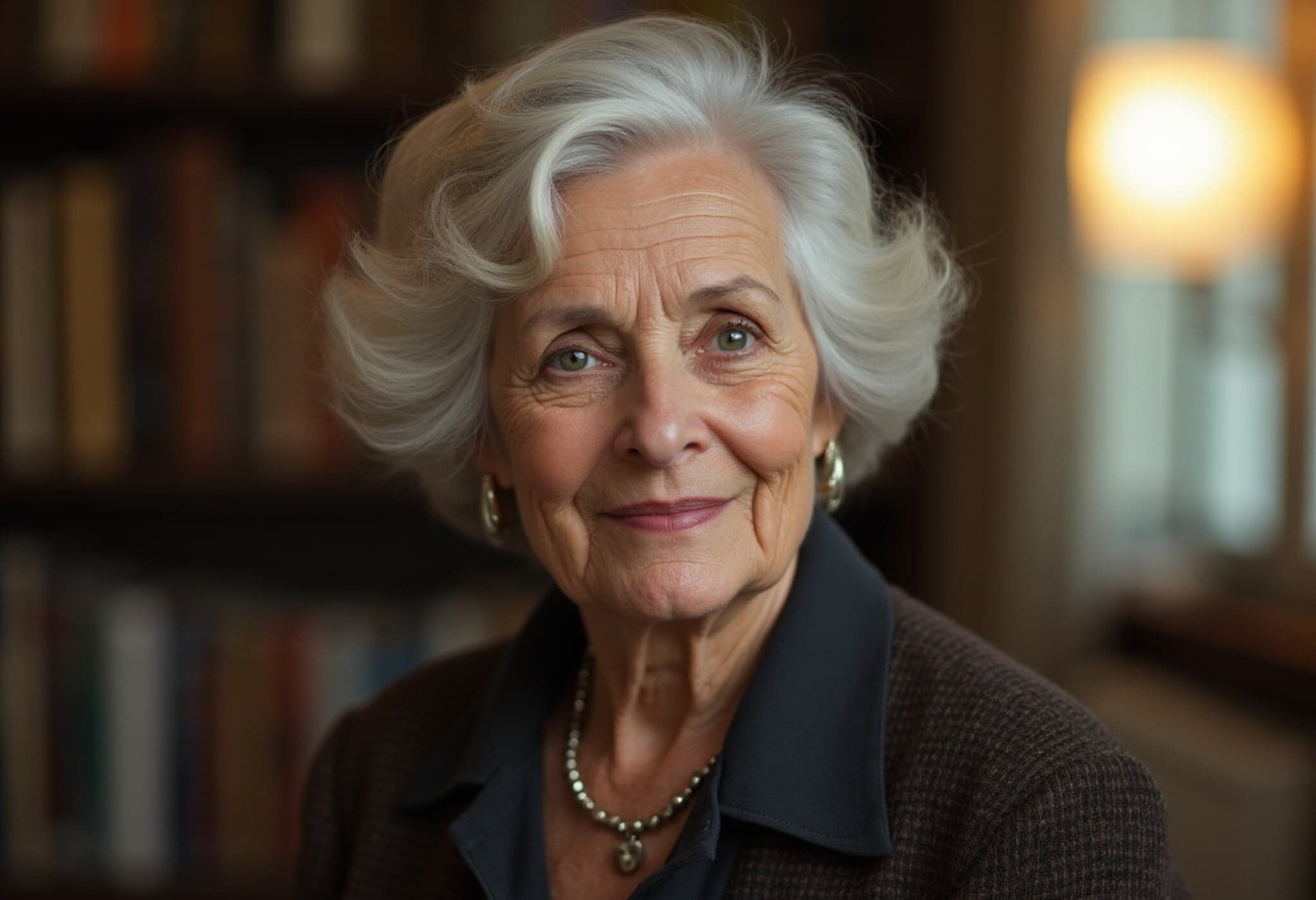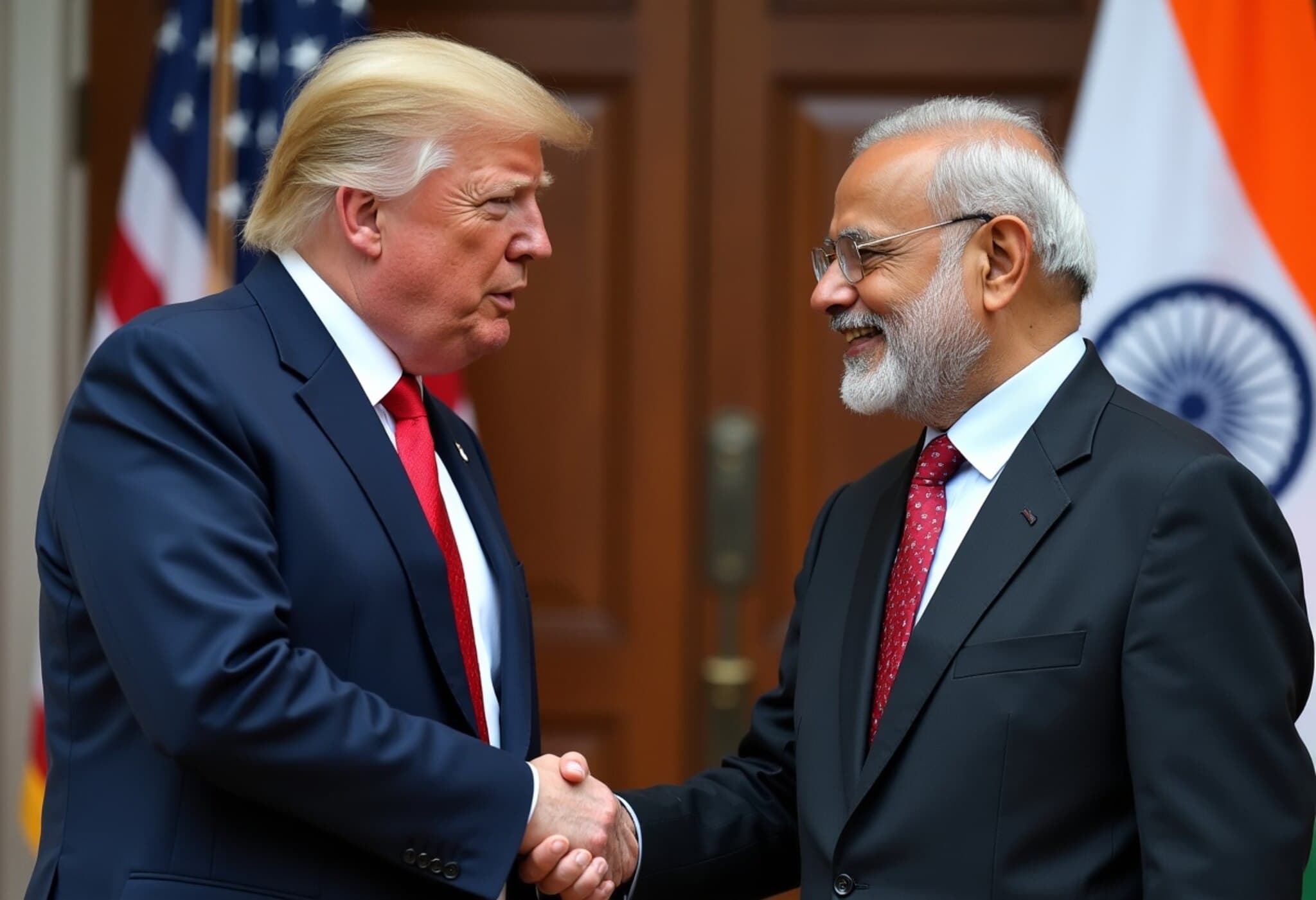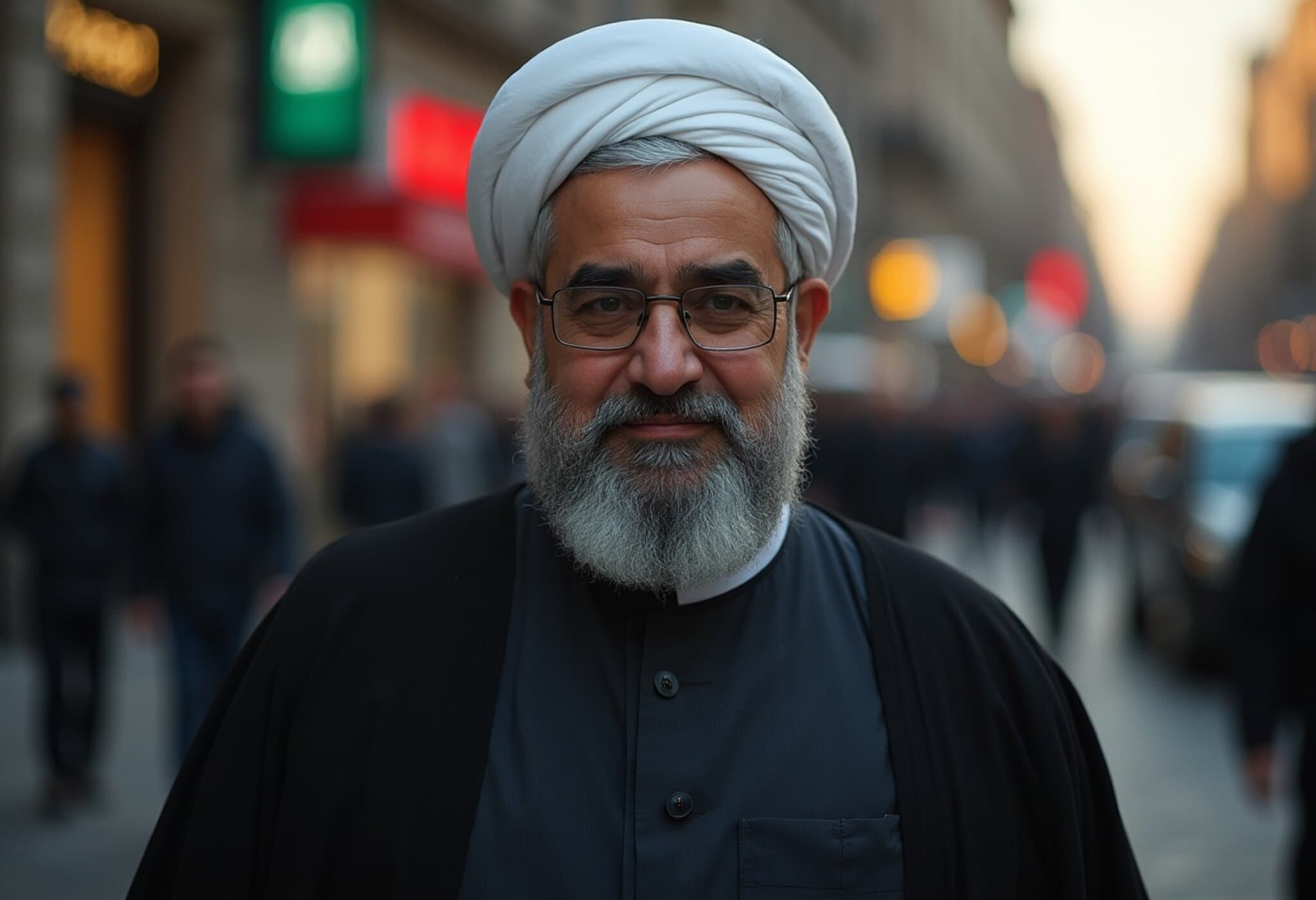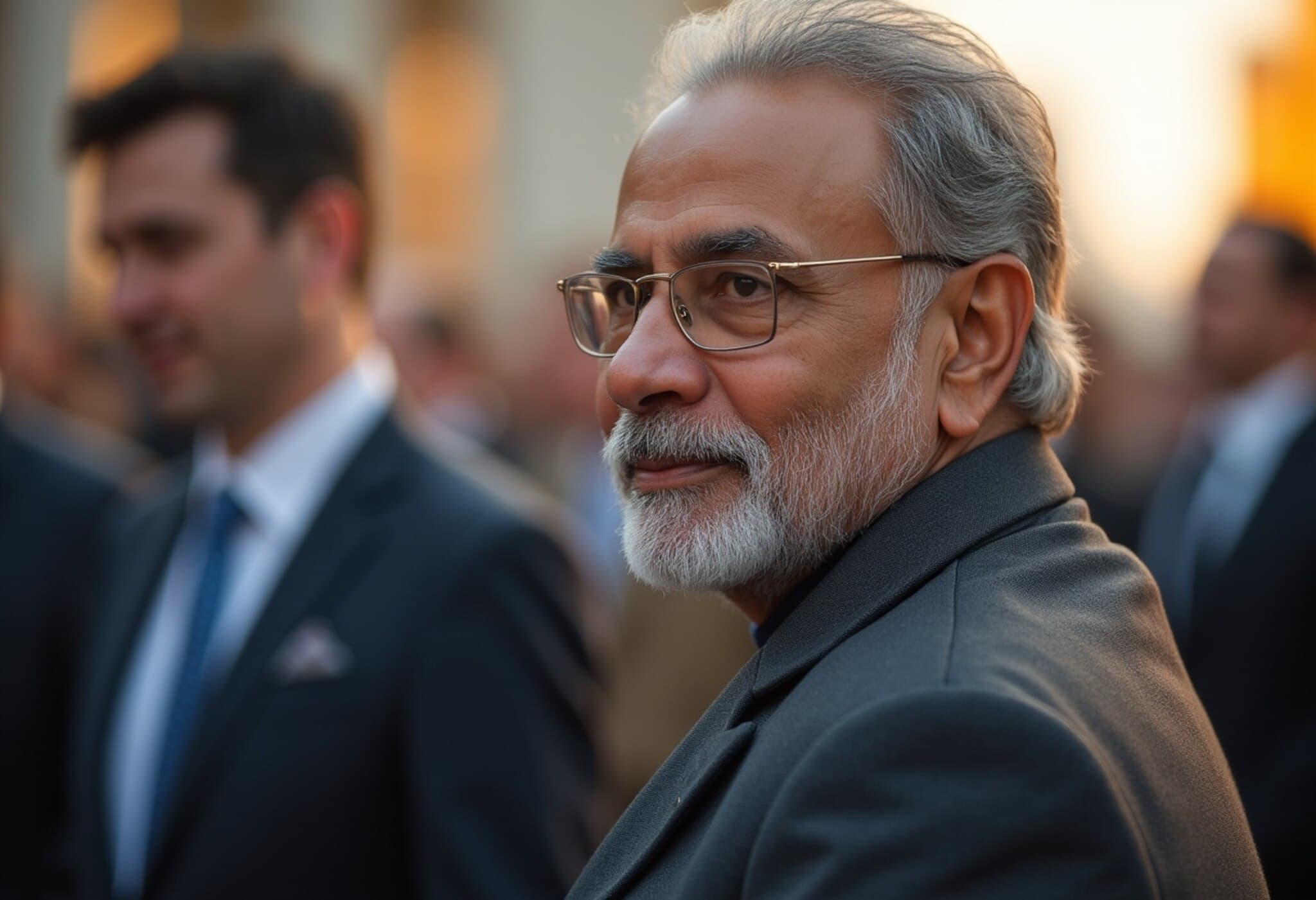Frederick Forsyth: A Legacy Carved in Spy Thriller History
Among the pantheon of spy thriller writers, one name towers undiminished for decades: Frederick Forsyth. A former Royal Air Force pilot, Forsyth had the rare gift of transforming complex geopolitical turmoil into crisp, compelling narratives that captivated millions. His passing on June 9 marked the end of an era in espionage storytelling.
The BBC, Biafra, and the Birth of a Literary Giant
Surprisingly, Forsyth’s path to becoming a revered author was shaped by disillusionment with the media establishment. After his military career, he joined Reuters then the BBC. However, the corporation’s refusal to acknowledge genocide during the Biafra War in Nigeria compelled him to quit journalism and pursue freelance war correspondence. Financial hardship soon followed, forcing him to write the manuscript of The Day of the Jackal in just 35 days while living on a friend’s couch.
Though initially rejected for its controversial subject—the attempted assassination of Charles de Gaulle—and unconventional style, the novel eventually sold over 10 million copies. It also inspired two films and a limited TV series, solidifying Forsyth’s place in literary history. But to reduce his impact to a single title is to overlook a treasure trove of gripping works.
Masterful Storytelling with Unmatched Detail
Forsyth’s novels offered readers more than thrilling plots; they were immersive journeys across historical moments and international intrigue. His signature approach combined journalistic rigor with poetic storytelling, avoiding literary pretentiousness to engage a broad audience.
From mercenaries plotting coup d'états in The Dogs of War to prescient political insights in The Fourth Protocol and chilling forecasts of geopolitical tensions in Icon, his narratives echoed with realism and foresight. His protagonists—whether the tactical Calvin Dexter or the conflicted ex-CIA agent Jason Monk—were defined by methodical precision and moral ambiguity rather than flamboyant heroics.
Characters Rooted in Reality, Not Myth
- Calvin Dexter: A tunnel rat turned vigilante, channeling quiet rage into justice.
- Cat Shannon: A mercenary with conscience shaped by Africa's harsh politics.
- Jason Monk: An emotionally scarred CIA operative caught between East and West.
- Mike Martin: The elusive SAS ghost infiltrating conflict zones.
- Paul Devereaux: A ruthless CIA agent embodying pragmatism over glamour.
- Luke Jennings: A teenage hacker weaponized by a cynical spymaster.
Their stories are a far cry from the flashy espionage heroes; instead, they navigate the shadowy bureaucracies and brutal compromises defining modern espionage.
A Life Mirroring His Fiction
Forsyth’s memoir, The Outsider, provides a revealing debrief. Far from a celebrity tell-all, it chronicles his time as a fighter pilot, his disillusionment with mainstream journalism, and secret work for intelligence services, including engagements with MI6 and back-channel diplomacy in post-apartheid South Africa.
His writing process mirrored the precision of his characters, evidencing an author who didn't merely write spy thrillers — he lived them.
Enduring Impact and Timeless Relevance
In today’s world, where geopolitical chess plays out before our eyes—such as with the rise of expansionist powers reminiscent of Forsyth’s fictional villains—his novels are strikingly prophetic. His work remains a testament to storytelling that is as educational as it is enthralling, offering sharp insights made accessible through masterful craft.
For readers accustomed to fleeting social media snippets, Forsyth’s richly detailed worlds may seem like a lost art. Yet, his legacy endures, a powerful reminder that precision and depth in narrative can illuminate the complexities of our world like no textbook ever could.



